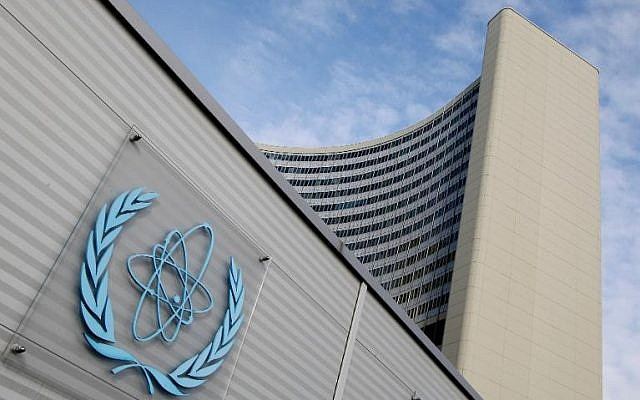

BAKU, Azerbaijan, March 4. Iran’s stockpile of
enriched uranium continues to increase, Rafael Grossi, Director
General of the International Atomic Energy Agency (IAEA), said in
his statement to the IAEA Board of Governors, Trend reports.
“Iran’s stockpile of enriched uranium continues to increase,
even though the level of uranium enriched up to 60 percent has
fallen slightly,” he said.
Grossi noted that the IAEA currently lacks consistent knowledge
regarding the production and inventory details of centrifuges,
rotors, bellows, heavy water, and uranium ore concentrate.
“It is three years since Iran stopped provisionally applying its
Additional Protocol and therefore it is also three years since the
Agency was able to conduct complementary access in Iran,” the
director general added.
Meanwhile, on January 16, 2016, Iran’s nuclear program triggered
the creation of the JCPOA between Iran and the P5+1 group (US,
Russia, China, UK, France, and Germany).
However, on May 8, 2018, the US announced its withdrawal from
the Joint Comprehensive Plan of Action (JCPOA) between Iran and the
5+1 group (Russia, China, the UK, France, the US, and Germany) and
imposed new sanctions against Iran as of November 2018.
Over the past period, the sanctions have affected Iranian oil
exports and more than 700 banks, companies, and individuals. The
sanctions have resulted in the freezing of Iranian assets
abroad.
In late 2020, the Iranian parliament decided to implement a
strategic plan to tackle the sanctions, citing the
non-implementation of the Joint Comprehensive Plan of Action
(JCPOA) signed between Iran and six countries and the imposition of
sanctions on Iran.
According to the decision of the Iranian parliament, as of
February 23, Iran suspended the implementation of additional steps
and an additional protocol provided for in the nuclear deal. As a
result, the control mechanism of the IAEA decreased by 20–30
percent.